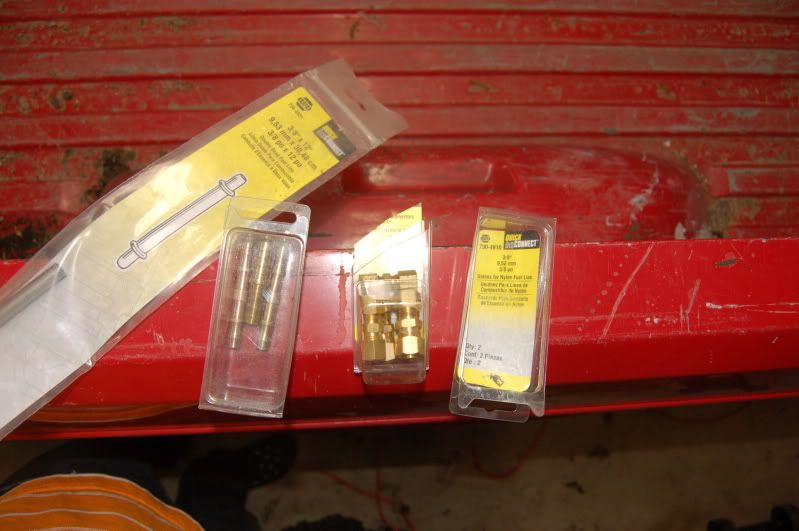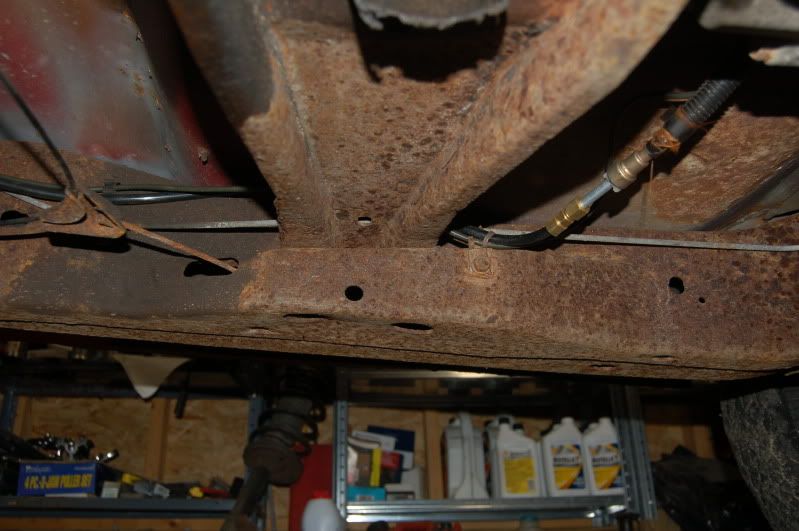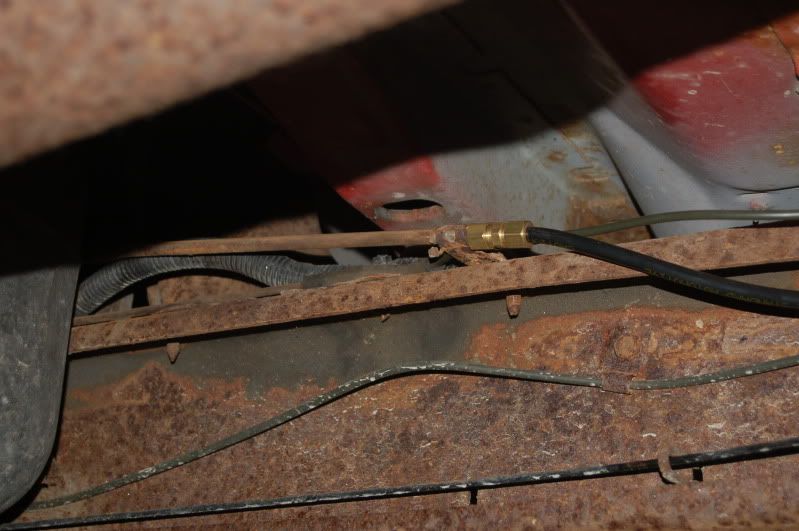I have a leaking steel fuel line on my 94 honda (thank you road salt) and the only bulk line seems to be nylon now. Can I just replace with nylon and not worry about it? I assume its resistant to ethanol? Do flex-fuel vehicles run this or do they have to run all stainless?
I don't think its supposed to be used in the engine bay, or anywhere it could be exposed to over 200 F.
I don't think its supposed to be used in the engine bay, or anywhere it could be exposed to over 200 F.



